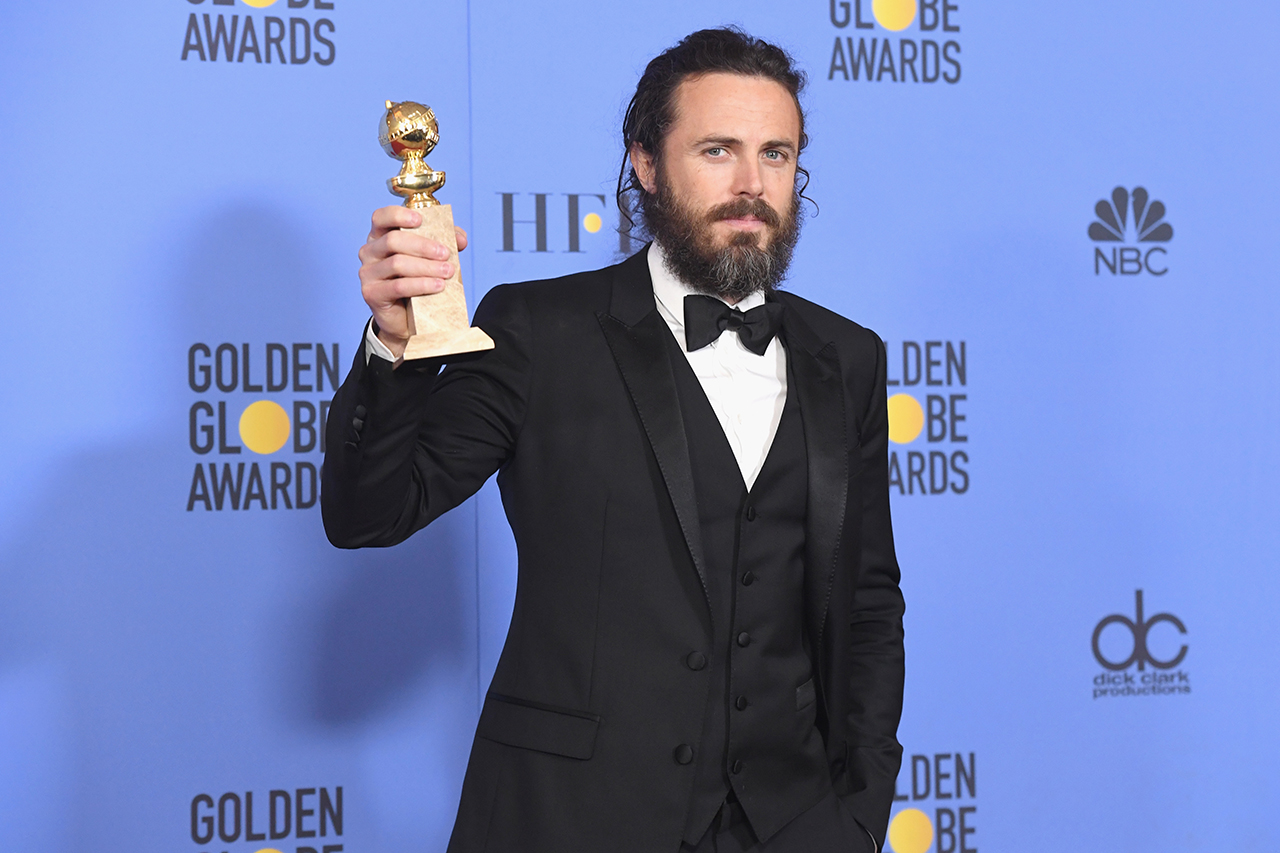When it comes to the Academy Awards, the race for Best Actor is always heated and prestigious, and this year is certainly not short on immense talent. Denzel Washington, Andrew Garfield, Ryan Gosling and Viggo Mortensen were incredible in their respective films, but it’s no secret that Casey Affleck has been the favorite for months.
Critics have universally lauded Affleck’s turn as Lee Chandler in “Manchester by the Sea,” calling him stunning, revelatory and “unfailingly authentic.” In this awards season, Affleck has won more than 20 major trophies for his role, including the Golden Globe and Critics’ Choice. Oscar gold is certainly in his future.
But maybe not. During press for “Manchester,” Variety brought up of two sexual harassment allegations raised against Affleck in late 2008 and early 2009. While working on the mockumentary “I’m Still Here,” producer Amanda White and cinematographer Magdalena Gorka accused director Affleck of verbal abuse, intense harassment and many other, specific actions that created a hostile environment. After being sued, Affleck settled out of court.
In 2010, this was not a big deal, nor was it a major concern in 1978 when confessed-statutory-rapist Roman Polanski fled the country to escape his court sentencing. Polanski still makes movies and is acclaimed for his talent. In the past couple years, however, the careers of celebrities Bill Cosby and Nate Parker have been torpedoed by cases of sexual assault. Suddenly, Hollywood cares.
Now, Affleck’s chances for gold have turned. The Screen Actors Guild, which has steadily predicted Best Actor wins for decades, picked Washington over Affleck.
TV Land pulled “The Cosby Show.” Parker’s directorial debut, “The Birth of a Nation,” utterly tanked at the box office. Despite delivering a masterful performance, Affleck may not get his Oscar glory.
Two sides of this matter are at war. The first contends an audience should separate art from the personal transactions of the artist — these can and should be independent entities. This is certainly the more convenient and comfortable stance, allowing us to watch anything that entertains or moves us.
Unquestionably there are merits to this concept. When I first saw the Holocaust film “The Pianist,” I had no idea it was written and directed by Polanski, and I thought it was one of the most heart-wrenching, masterful dramas I’d ever seen. And — even though I absolutely condemn Polanski’s actions and I think he should pay for them — I still think that.
I get sick when I think of Cosby’s crimes, but I’d be lying if I said his sitcom doesn’t make me laugh to this day.
This isn’t unique to film, nor to artists accused of crimes. It can apply to artists we are indifferent toward. The painting “The Incredulity of Saint Thomas” is one of my favorite works of art, yet I know next to nothing about the artist, Caravaggio.
Does my lack of knowledge about the painter affect how I view the painting? Not at all. Logically, this separation of art and artist should apply to all works, right?
Then there’s the other side of the debate. We have a responsibility to the victims that surpasses our own interests or those of the accused. It’s a sort of boycott, a refusal to consume or praise the products of an individual we consider to be in the wrong. It’s like a moral balance sheet saying there are, in fact, repercussions for bad deeds, even if they slip through the courts’ fingers.
This is a difficult issue without a clear answer. One could argue that to bar Affleck from winning because of an action outside the film is to corrupt the point of the Oscars: honoring artistic achievement, no more, no less. But what would White and Gorka feel as their harasser stands onstage, accepting a golden trophy?
The truth is we are fervent consumers of culture, and we separate artist from art all the time. Johnny Depp is known to abuse drugs and alcohol, but I love Captain Jack Sparrow. Voters ardently against Hillary Clinton still love Beyoncé and Louis CK.
The more important way to frame this discussion is to look less at the celebrities and more at the victims. If we develop sentiment for them the same way we do for Oscar-winners, your moral allegiances will naturally change.














I find it funny you mentioned Caravaggio because I’m pretty sure he stabbed another man to death. Just a testament to the kind of thing you’re discussing here. Well done. And definitely an interesting dynamic to consider when approaching art.